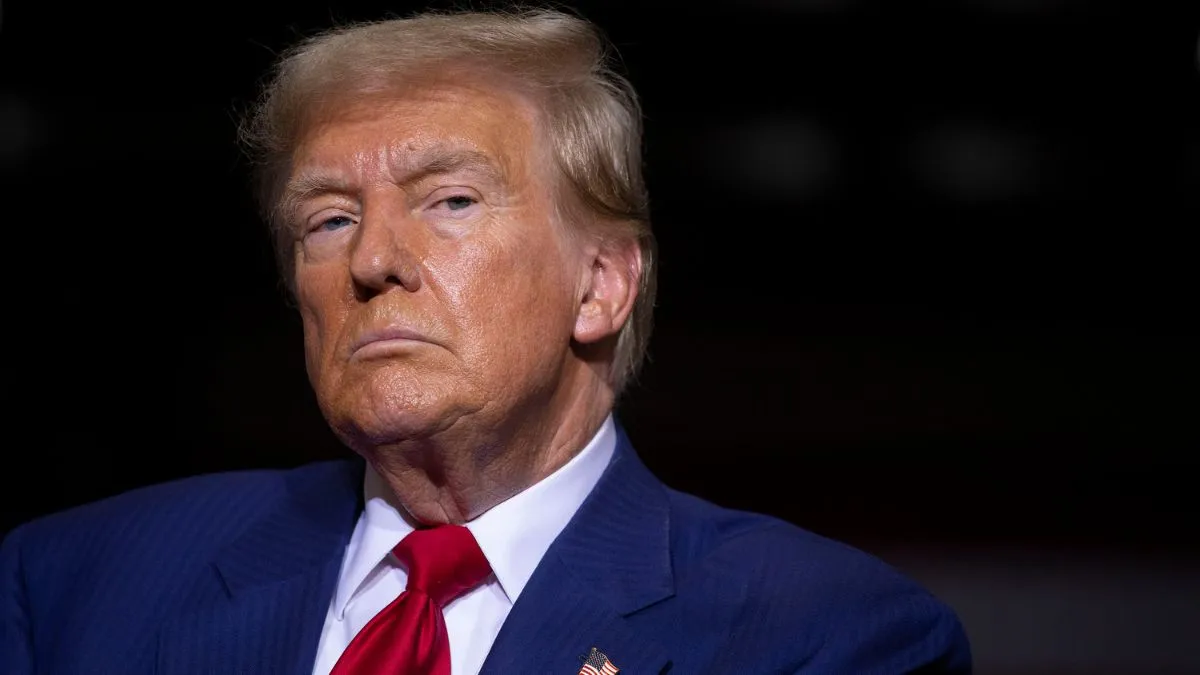Donald Trump has signed a new executive order that introduces “Schedule G,” a new category of federal jobs that will give him much more control over who stays and who goes in government roles that shape policy. In short, if someone in a federal job doesn’t support Trump’s agenda, this change would make it easier for him to fire them.
These new positions will be labelled “non-career,” meaning they’ll likely only last as long as Trump is in office. Supporters of the move claim it will help government agencies, like Veterans Affairs, run more efficiently and make it easier to fill important roles. They also say it’s meant to “clean up corruption” in Washington and get rid of what Trump calls the “deep state.”
But critics say this is just a sneaky way to fill top-level government jobs with Trump loyalists. Don Moynihan, a public policy professor, explained that there’s no limit on how many of these Schedule G jobs can be filled, and it opens the door to even more political influence in positions that are supposed to serve the public, not any one person or party.
This isn’t Trump’s first attempt to do this either. In his first term, he introduced “Schedule F,” which tried to strip job protections from federal employees, making it easier to fire them without clear reasons. He’s also pushed for cutting back union rights and removing long-standing protections for civil servants.
All of this fits into a broader conservative plan called “Project 2025.” It’s a blueprint for what a second Trump presidency might look like, and one major goal is to turn regular government jobs into politically controlled roles, so the president doesn’t get as much resistance from within the system.
Max Stier, who runs the nonprofit Partnership for Public Service, says this is a dangerous move. He argues the president already has plenty of power to appoint people through existing systems and that turning more federal jobs into political ones will just make government services more chaotic. A steady, neutral civil service, he says, is crucial for making sure things work for everyday Americans, no matter who’s in office.


